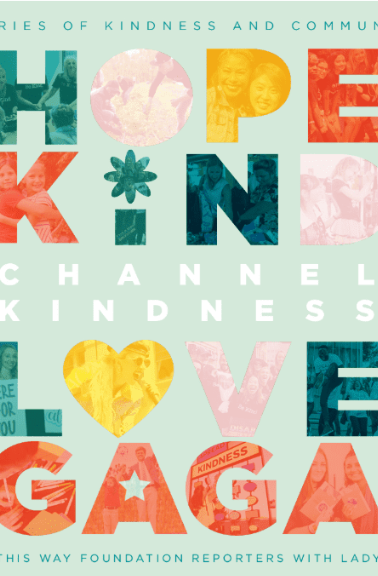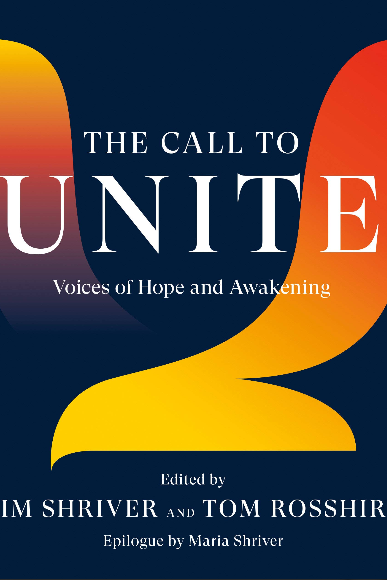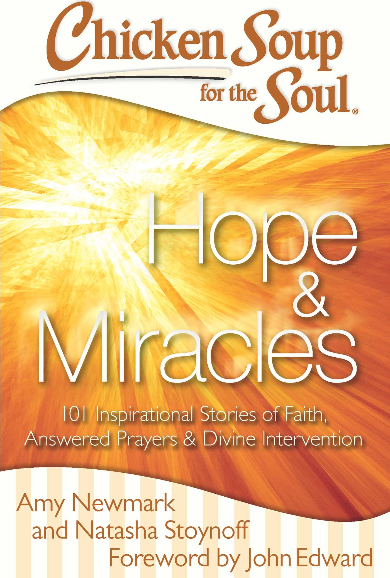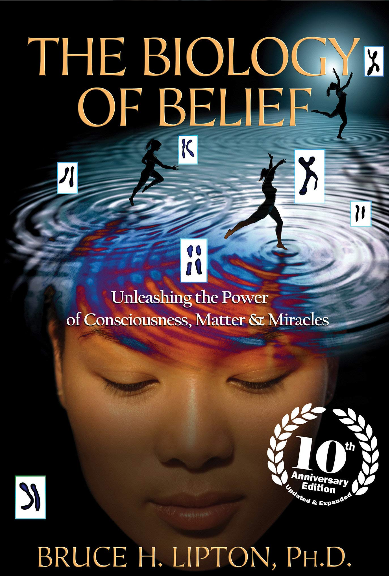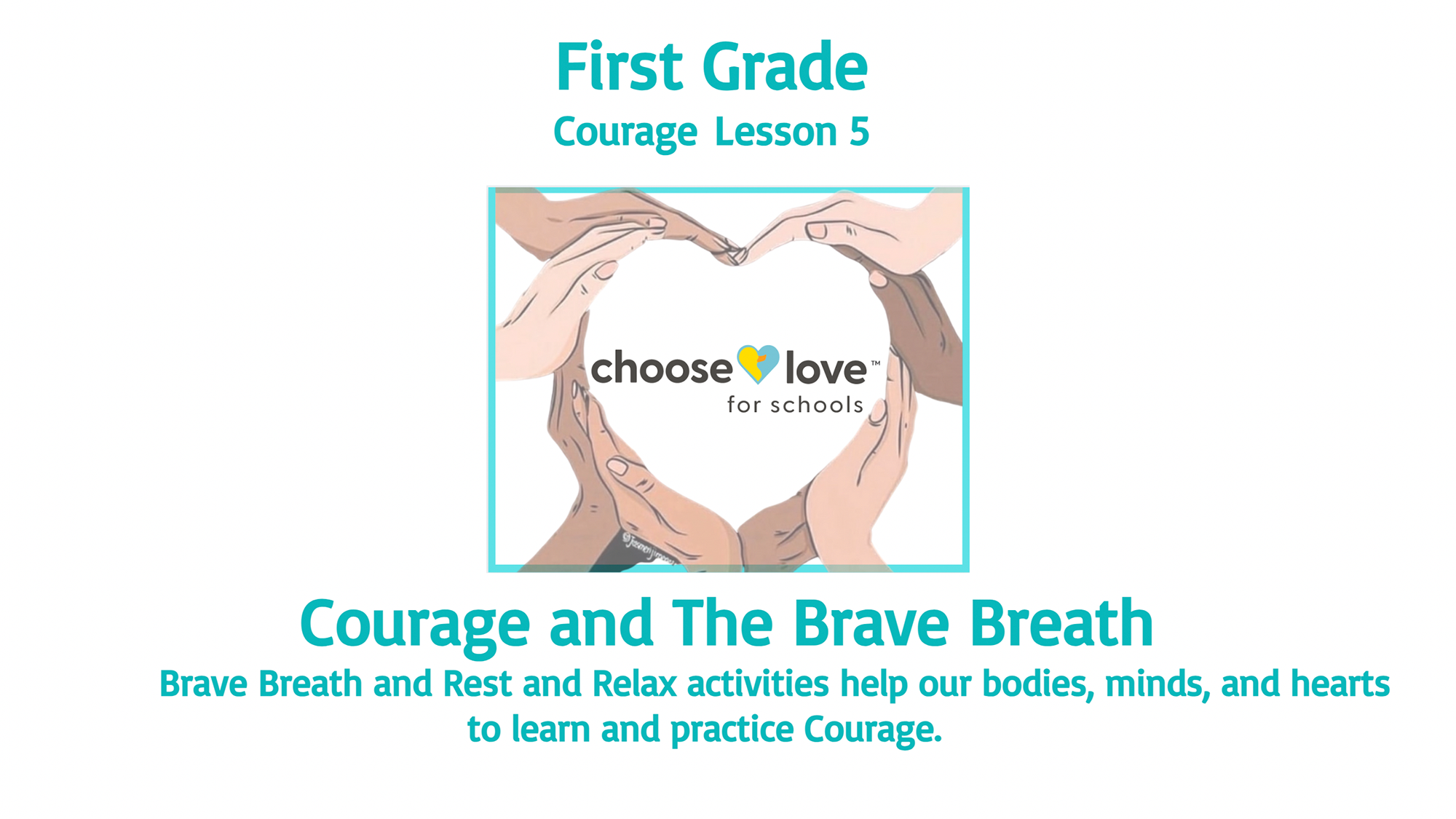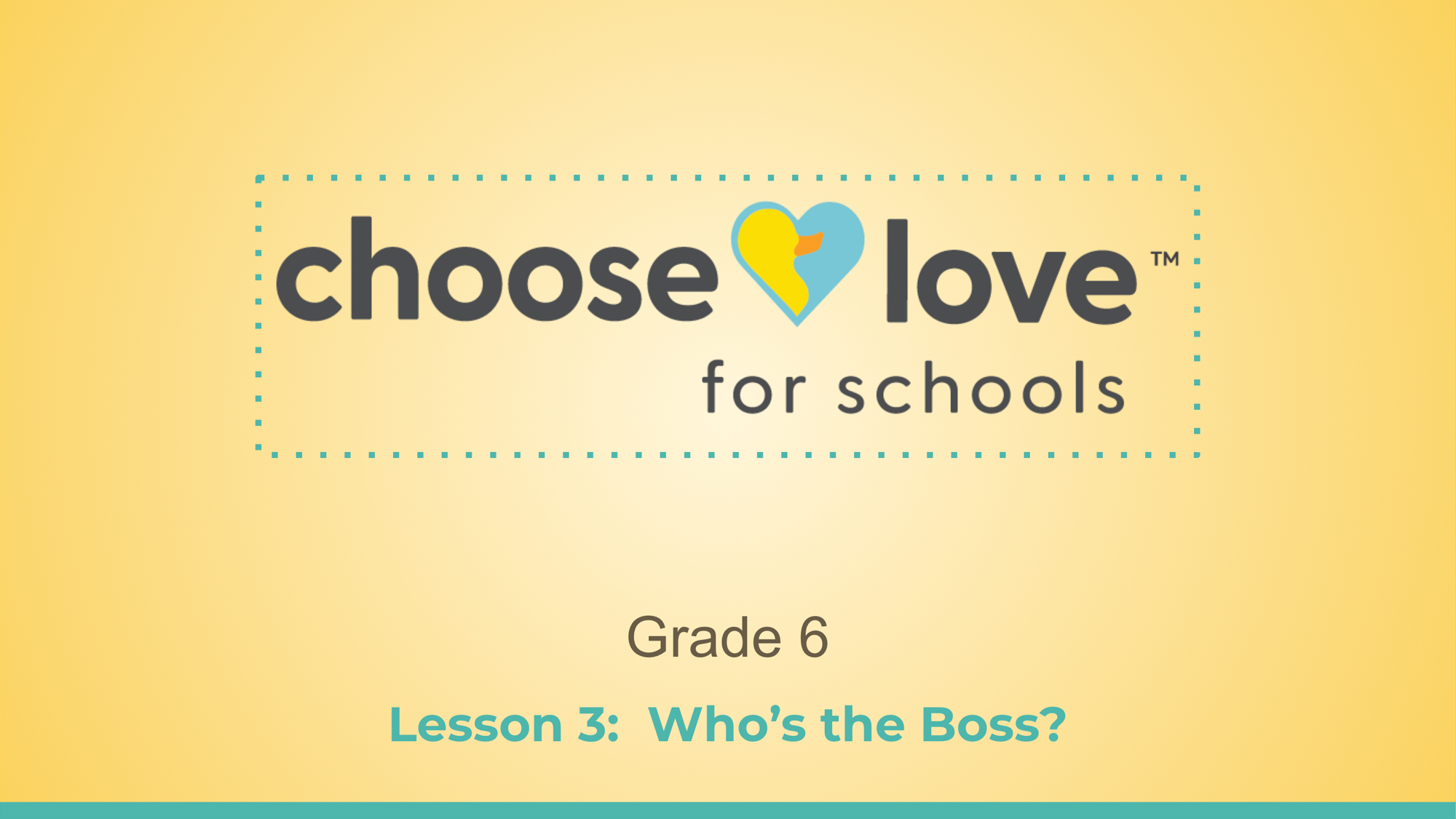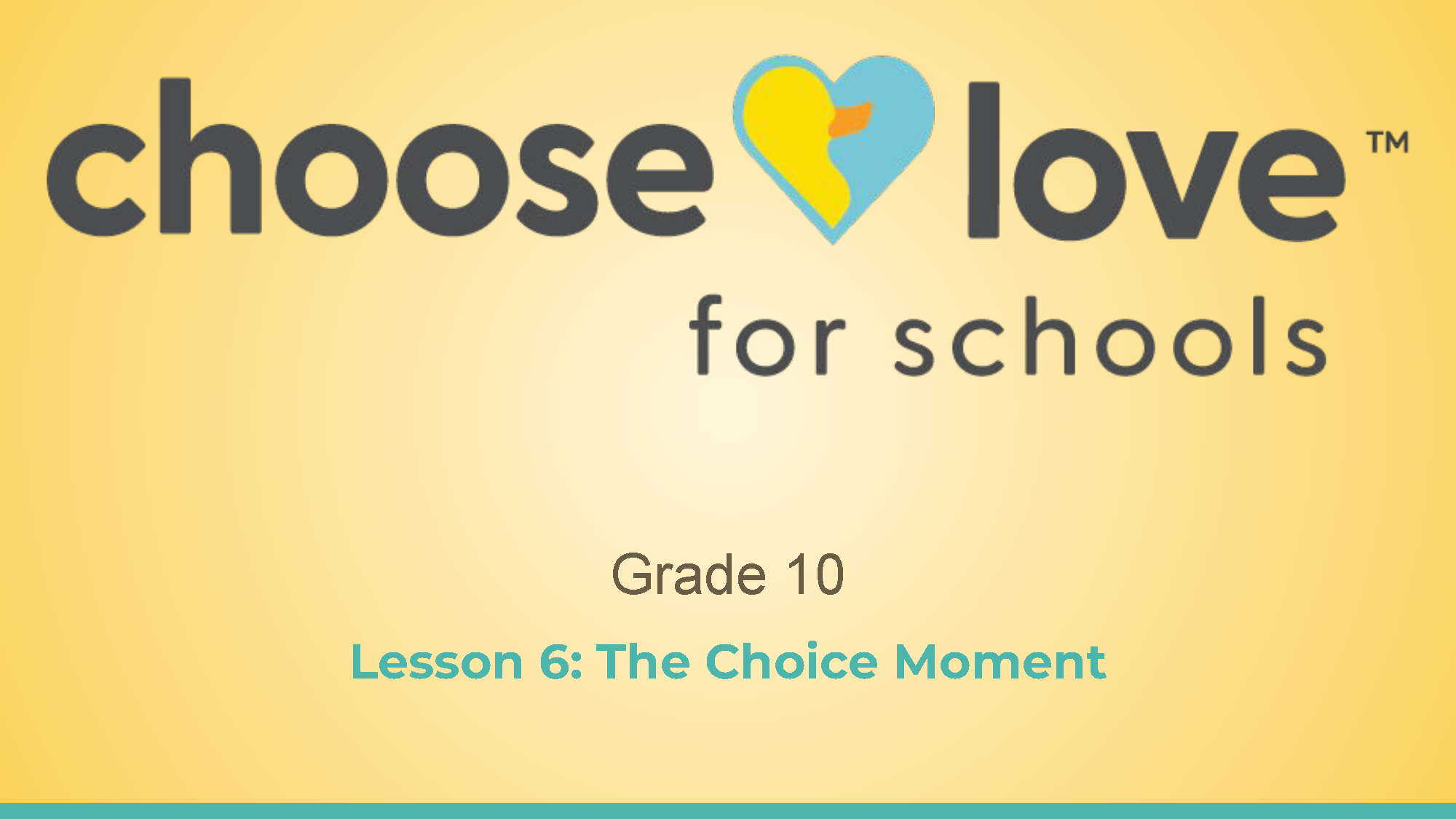The lessons were written for educators, by educators, and are evidence-based. The content of the lessons is based on research on emotional intelligence, resilience, posttraumatic growth, neuroscience, mindfulness/focused attention, and SEL. Special attention is paid to how our physical bodies (nerves, muscles, etc.), minds (the triune brain), and hearts (emotions) work in collaboration to promote health, learning, connection, and life success. The whole child—mind, heart, and body—is supported through these lessons.
There are four units: Courage, Gratitude, Forgiveness, and Compassion.
The units are taught in this order and all lessons fall under those four character values. Students will gain insight, information and essential skills in these four areas that will improve their confidence, promote positive decision-making, create and enhance communication, connection and relationships. Students learn skills that increase resiliency and promote their overall well-being and success, personally, socially, emotionally and academically.
Through these four units the following CASEL competencies are addressed:
- Self-Awareness: recognizing one’s emotions and values as well as one’s strengths and limitations;
- Self- Management: managing emotions and behaviors to achieve one’s goals;
- Social Awareness: showing understanding and empathy for others;
- Relationship Skills: forming positive relationships, working in teams, dealing effectively with conflict;
- Responsible Decision-Making: making ethical, constructive choices about personal and social behavior.
The Collaborative for Academic, Social, and Emotional Learning (CASEL) is the world’s leading organization advancing the practice of promoting integrated academic, social, and emotional learning for all children in preschool through high school.



